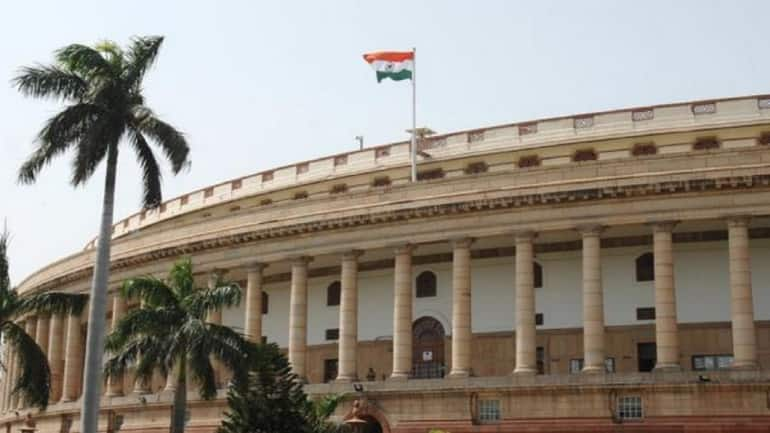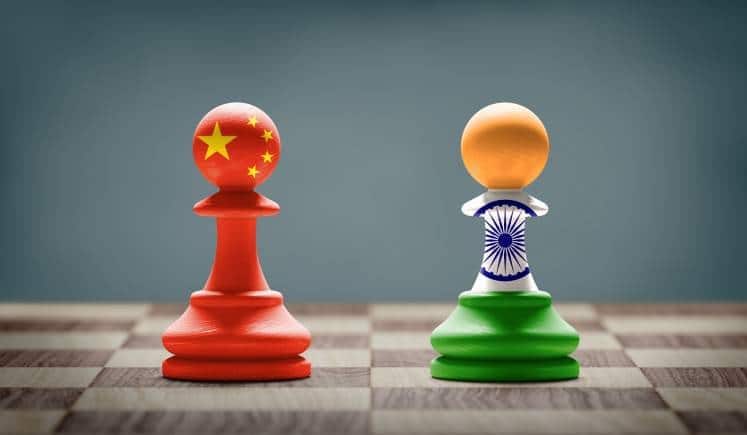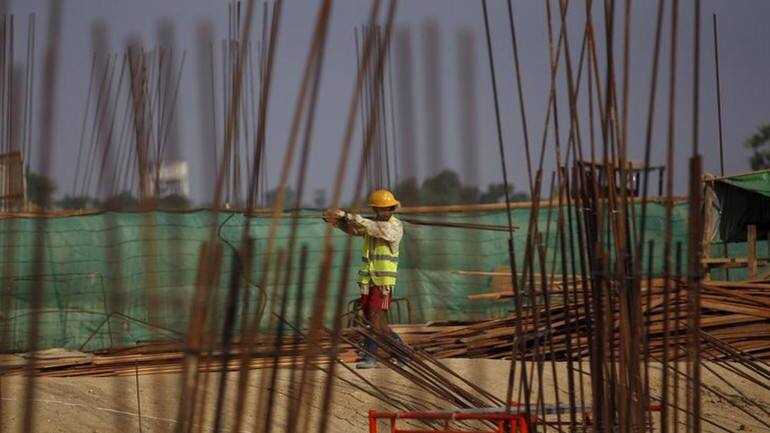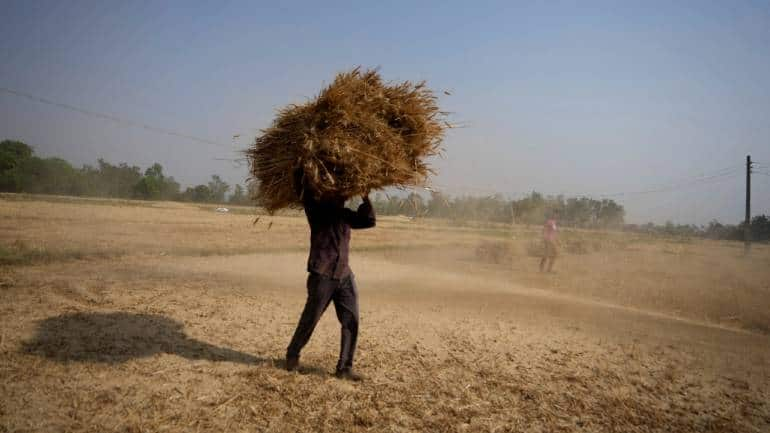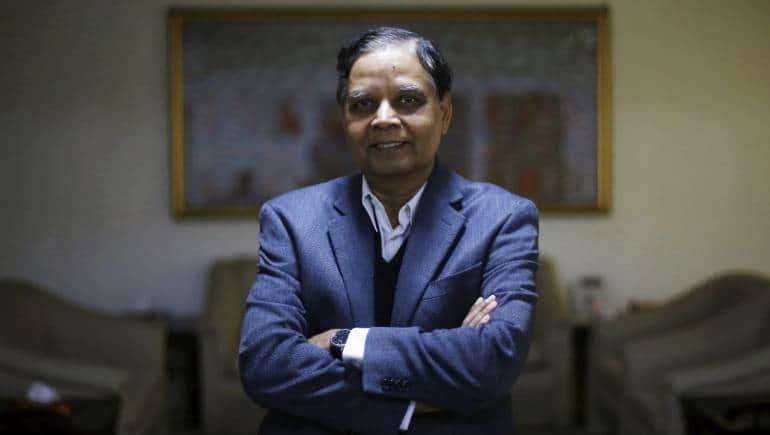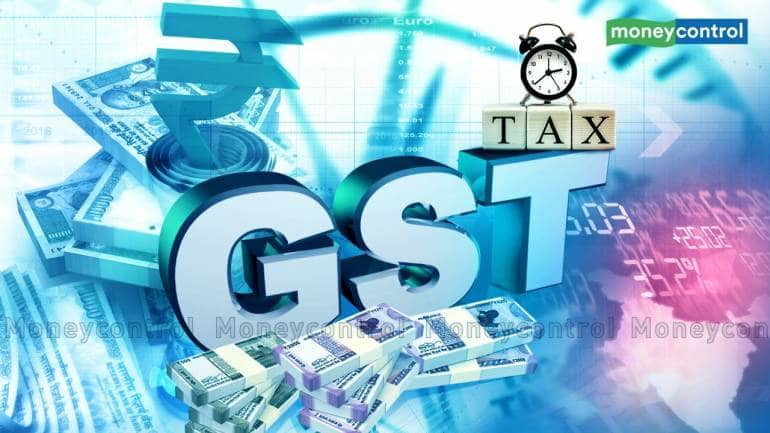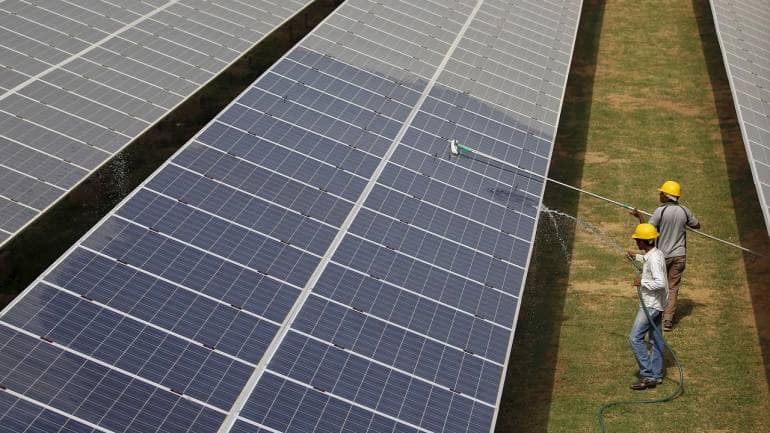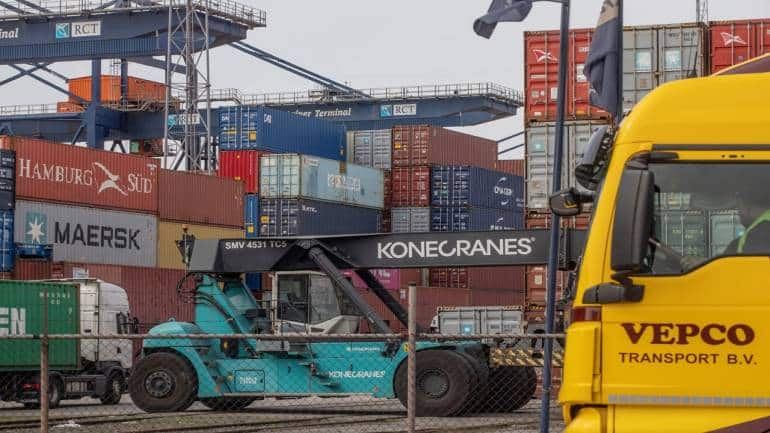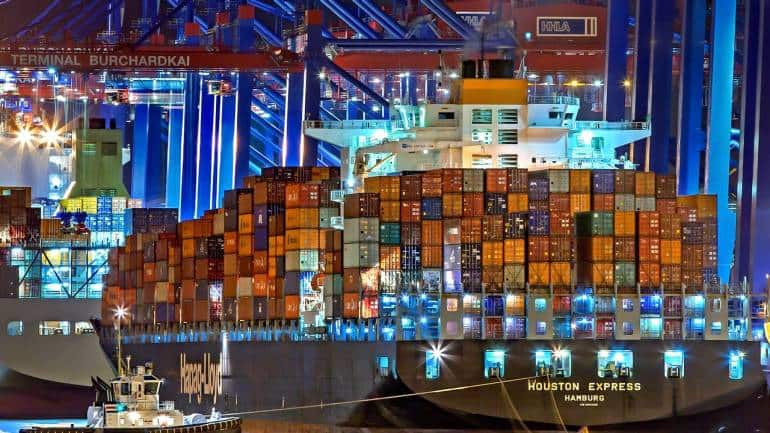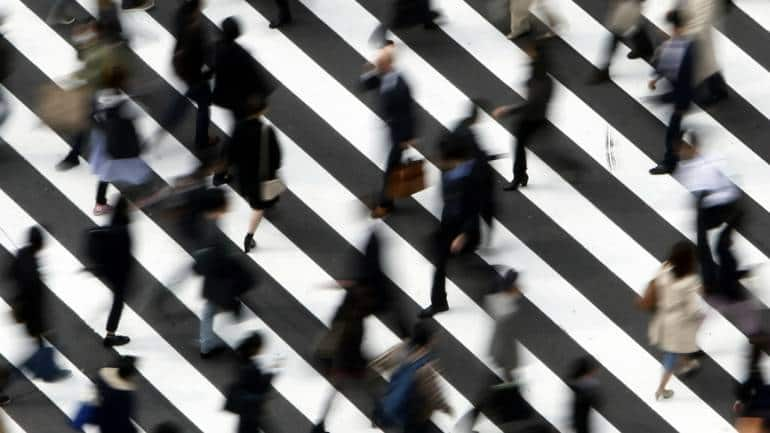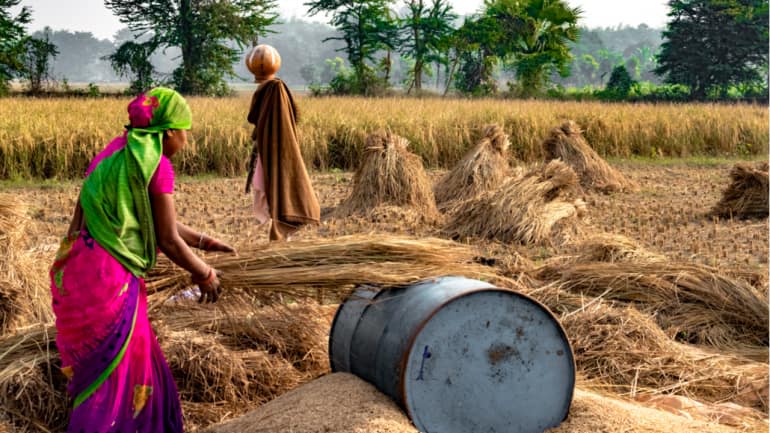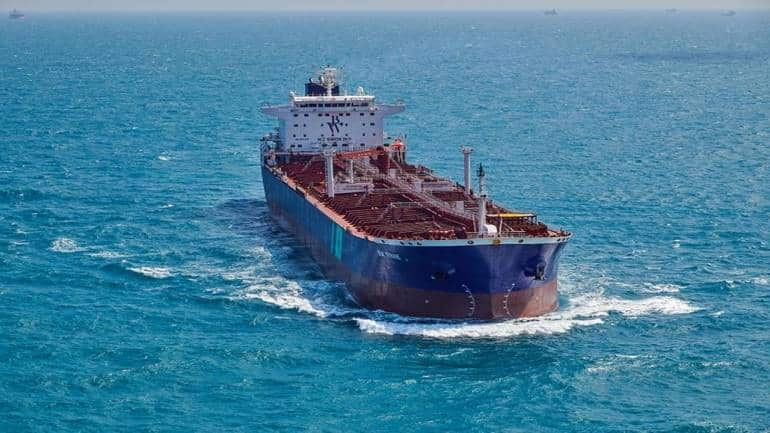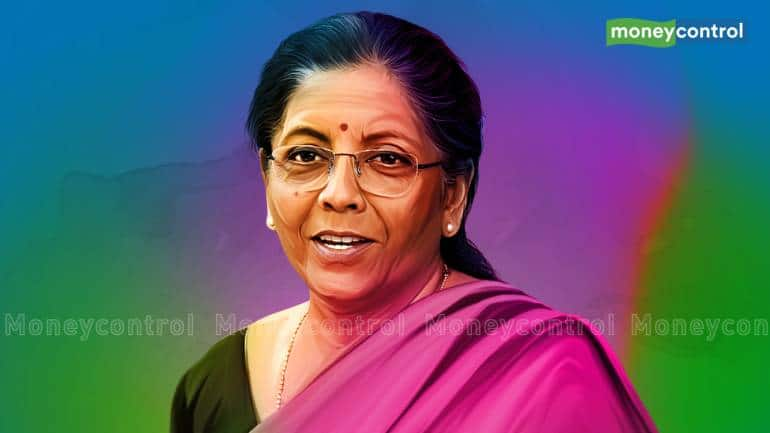-
-

Exclusive | At odds with Beijing, but Delhi has no solid plan against Chinese trade in India
Over the past few years, India has imposed higher tariffs on Chinese imports, cracked down heavily on Chinese firms, and cut the flow of Chinese FDI . But, as an uneasy peace holds for the moment, officials say no major economic action is planned.
-

US economy is shrinking. Fed's rate hikes may have only just begun to bite
The report likely won't change Fed Chair Jerome Powell's view that an economy that is adding hundreds of thousands of jobs a month is not in recession, and won't deter him from raising borrowing costs further
-

India warns countries against joining 'illegal' China-Pakistan economic corridor
The corridor is a collection of infrastructure projects that have been under construction throughout Pakistan beginning 2013. Originally valued at $47 billion, the value of CPEC projects bumped up to $62 billion as of 2020. New Delhi has protested the project from its inception since it passes through large chunks of Pakistan-occupied Kashmir.
-

Conditional sales from SEZs to domestic market being expected in new Bill
The government hopes to revive struggling SEZs, exports from which fell to $102.3 billion in FY21 from $112.3 billion in FY20. Of the 370 notified SEZs, only 234 are operational, official data shows. Measures like lower taxes and partial denotification are also being considered
-

India not facing any wheat crisis, assures agriculture minister
India had in May banned wheat exports to ensure domestic availability but has been allowing shipments to select countries.
-

India-UK trade talks on track, government looks at August 31 deadline
The India-United Kingdom FTA aims to significantly boost trade by reducing tariffs on up to 65 percent of traded goods and 40 percent of services.
-

Higher import duties limiting export growth: Arvind Panagariya
The ex-NITI Aayog Vice Chairman said studies have shown that import duties have been raised on as many as 3000 tariff lines in recent years.
-

GST Council recommendations pertaining to rules, rates binding on states: Junior Finance Minister
The Supreme Court earlier this year had said that the GST Council’s recommendations are not binding on states
-

RBI, government ready to take more steps to curb inflation, says Pankaj Chaudhary
The Centre was closely monitoring the global price movements and their impact on India’s economy, says minister of state for finance Pankaj Chaudhary
-

I2U2 leaders' summit highlights investments in renewable energy, food parks in India
The first-ever meeting of I2U2 leaders focused on the food security crisis and clean energy. India, Israel, the US, and the UAE have committed to advance low-carbon industries and promote green tech.
-

INSTC route between India and Russia to see pick-up in trade volumes from next month, say officials
The INSTC is India's grand plan to cut short the time taken for trade shipments to reach Russia and Europe, and enter the central Asian markets, and vice versa.
-

Trade deficit rises to record $26.1 billion in June as imports surge, up 172% YoY
The massive rise comes as a result of refined petroleum imports almost doubling to $21 billion in June, while coal imports shot up by 260 percent.
-

Infra financing, green tech to be in focus for India at first I2U2 Summit
The first virtual summit between the leaders of India, Israel, the US and the UAE would also touch upon the global food crisis and the Ukraine war, officials said.
-

Exporters laud move to allow rupee trade but seek clarity on benefits
While the industry sees the move as the first step towards full convertibility of the Indian rupee, insiders say it will be difficult to push trade if export benefits aimed at attracting foreign exchange are not forthcoming
-

Government works on formal framework for public-private partnership in agriculture
The government wants to partner with industry to create a PPP model which will not only be replicable and upscalable but also highly viable on a sustainable basis, Agri Ministry officials have said. The move to formally rope in more companies into the sector comes 6 months after the three controversial farm laws were repealed by the Centre under popular pressure.
-

Centre constitutes new trade advisory body, onboards TCS CEO
The Board advises the government on policy measures connected with Foreign Trade Policy (FTP). However, the body had been defunct for a long time with the last meeting having taken place in 2013.
-

Govt-registered startups have created 7.5 lakh jobs till now, DPIIT data shows
Earlier this year, the DPIIT had begun a plan to enable the creation of 20 lakh new jobs in the sector by officially registering 50,000 new startups over the next four years.
-

Exclusive | Boris Johnson's exit may prolong India-UK trade talks but won't complicate it: Officials
The India-United Kingdom Free Trade Agreement(FTA) aims to significantly boost trade by reducing tariffs on upto 65 percent of traded goods and up to 40 percent of services. On June 24, both nations concluded the fourth round of talks.
-

MSP system should be reformed, less govt intervention crucial to agri growth: NITI Aayog member Ramesh Chand
Chand batted for deferred deficiency price payments (DPP) as an alternative to the existing procurement based MSP structure.
-

Odisha, Uttar Pradesh, Andhra best in implementing National Food Security Act, first-ever state rankings show
The new rankings reveal that some states and union territories significantly lag others in terms of the coverage, beneficiary satisfaction, digitisation, and overall system efficiency of their Targeted Public Distribution System. Goa was the worst performing state on these metrics, while Ladakh had the worst implemention of NFSA.
-

Trade deficit shoots up 62% YoY to $25.6 billion in June
The issue has again caught the attention of the Prime Minister’s Office as the government expects the trade deficit to widen in the near term, and efforts are on to quickly address it, officials have told Moneycontrol.
-

Exclusive | Widening trade deficit again on PMO radar, steps being discussed: Sources
Fuelled by rising commodity prices and a weakening rupee, India's trade deficit shot up to $190.7 billion in FY22. Fears of this continuing this year have led policymakers to plan steps to reduce imports and boost exports.
-

Gujarat and Karnataka best in developing startup ecosystem: Centre's rankings show
Telangana, Kerala, Maharashtra, and Odisha have occupied the second tier in the rankings. Among smaller states, Jammu and Kashmir have entered this list.
-

Supreme Court has not altered fundamental features of GST, says finance minister
Nirmala Sitharaman also says it is reasonable to expect the steady growth trend in GST revenue to continue.


